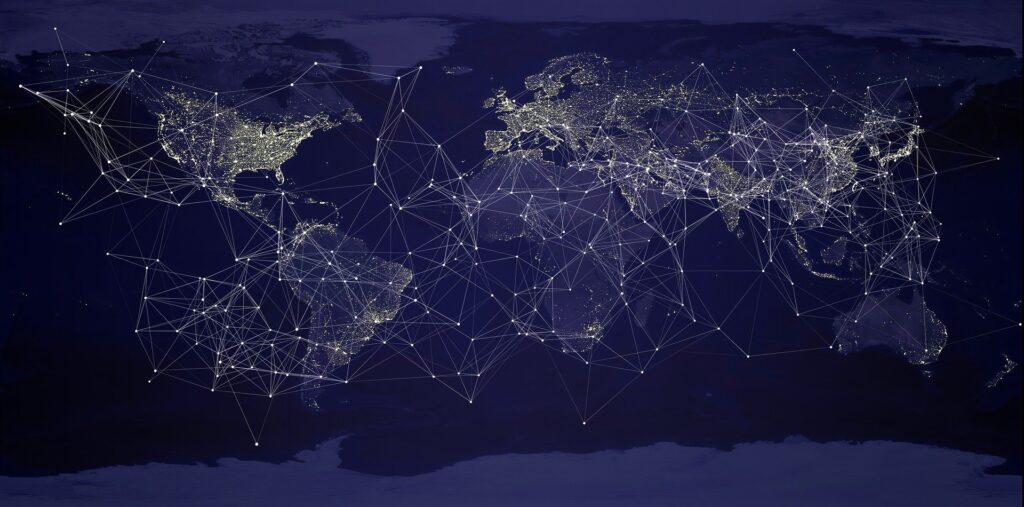Globalization is a process of integration among countries and people. It has increased in speed over the last several centuries. In the 18th century, it was a slow process but it has accelerated considerably due to advances in transportation and communication technology. It is now a common practice for companies and governments to do business in many countries. Today, globalisation has impacted every aspect of human life. From the economy to the way we socialise and conduct business, there is a direct correlation between the speed of globalisation and economic growth.
One of the main problems with globalisation is the increased interdependence of nations. When the economies of different countries are interdependent, there is a risk that negative shocks will spread to other nations. When this happens, multinational corporations often destroy local businesses. They also destroy local jobs and cultures. While they are a good thing for the economy, they have no loyalty to the local population. They exploit cheap labour and a country’s indigenous culture.
Globalisation is not without controversy. The fall of communism and the rise of the industrial revolution has opened up countries previously shut off from world trade. This change paved the way for the emergence of multinational companies. The World Trade Organisation (WTO) is a major force behind globalisation. In this organisation, countries compete for market share and export goods, reducing their barriers to trade. The World Bank has warned that globalisation may be the biggest threat to humankind since it has increased our population and increased economic development.

Globalisation has created an international marketplace with a globalised workforce. This means that businesses and consumers from different countries must compete with each other. The competition created by globalisation has helped raise living standards for the majority of people on earth. But this growth is unbalanced and has not been accompanied by the social and environmental impact of unchecked trade. Consequently, it is important to take steps to reduce the impacts of globalisation.
Another effect of globalisation is its negative impact on customers. It has been attributed to the increasing level of competition between companies and lower prices for consumers. However, there are many positive effects associated with globalisation. For example, it has allowed companies to integrate with other countries. This, in turn, has improved the quality of management in firms. Moreover, it has improved the working conditions for people in developing countries. In this way, it has helped the environment.
Globalisation has also facilitated increased capital mobility. It is now easy for firms to move their production to cheaper regions of the world. The availability of cheap raw materials worldwide has also helped to increase profits. Ultimately, globalisation has created a global economy. But it is not all a good thing. There are some disadvantages as well. While it has increased the availability of cheap raw materials, it also lowered the cost of production. It has led to a more competitive world.
